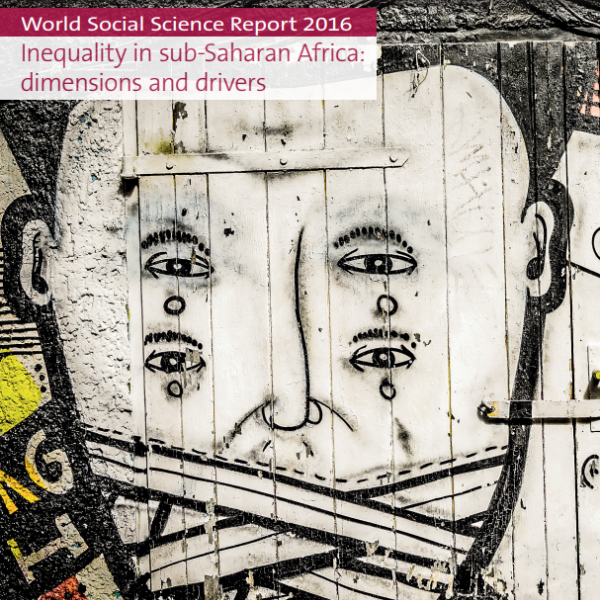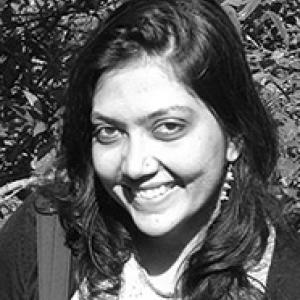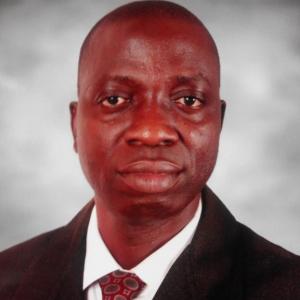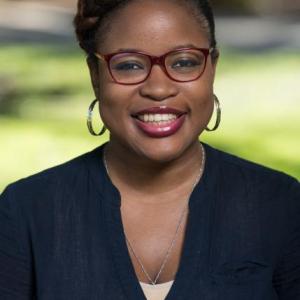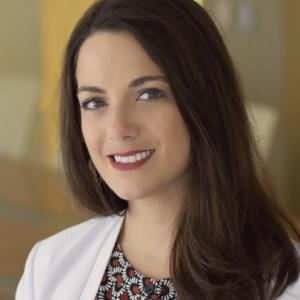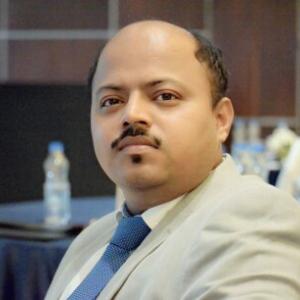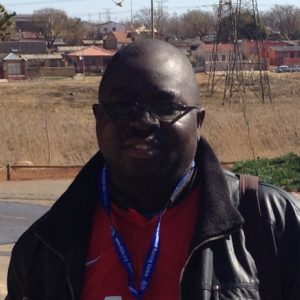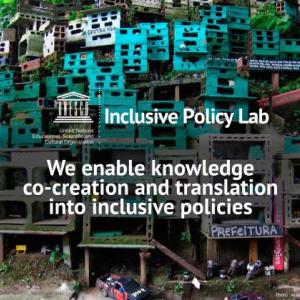Short description:
Dr Amrita Lamba is a postdoctoral researcher on the EU funded project in understanding migration governance, and agricultural and rural change across Europe, Asia and Africa at the School of Oriental and African Studies (SOAS), University of London. Her main tasks are related to the qualitative comparative analysis process in the project. Her research has focused on the analysis of inclusive governance, particularly in natural resources and urban development in Brazil, South Africa and India. She has conducted extensive fieldwork in these countries, including the Inkomati basin and the Bushbuckridge region in South Africa; and the Jaguaribe basin, Ceará and the Verde para Sempre extractive reserve in the Brazilian Amazon. More recently she led a pilot study on urban change in Bangalore, India
Her PhD at SOAS tested the practical adequacy of an analytical framework for inclusive governance through comparative analyses of natural resources governance processes in Brazil and South Africa. The study also developed and tested the practicality of a method for qualitative comparative analysis grounded in critical realist ontology. Her other major areas of interest include innovations in institutional design, forced migration, poverty alleviation, adaptation and climate change.
As a Bartlett research fellow at the Institute for Global Prosperity and the Institute for Sustainable Resources, University College London, Amrita’s work examined the interconnections between healthy built environment, resources nexus and urban governance through comparison across cities in developing countries. She was a Senior Teaching Fellow in the Department of Development Studies, SOAS, where she convened a course on natural resources and development. She has also been a Graduate Teaching Assistant in the theory, policy and practice of development and the political ecology of development. Previously, she has worked as a consultant for the World Bank and the UNDP.
Short description:
Dr. Babatunde Raphael Olanrewaju obtained a Ph.D. degree in Agricultural Economics from the University of Hohenheim, Stuttgart, Germany. Dr Babatunde has twenty years of research and teaching experience as a staff of the Department of Agricultural Economics and Farm Management, University of Ilorin, Nigeria where he is currently an Associate Professor. Before joining the University of Ilorin, he served as Research Assistant at the National Centre for Economic Management and Administration (NCEMA), Ibadan, Nigeria. Dr Babatunde was a Visiting Professor at the Chair of Development Economics, University of Passau, Germany in 2015. Prior to this, he was a Visiting Researcher at the department of Globalization, Trade and Regional Integration, Nordic Africa Institute (NAI), Uppsala, Sweden in 2013. He was also a Visiting Fellow and Scholar at the Research Group on Food Security and Livelihoods, African Studies Centre (ASC), University of Leiden, Netherlands and Visiting Researcher at the department of Public Economics, University of Pavia, Italy in 2012 and 2010 respectively. He is a Fellow of the Centre for International Cooperation and Development (CICOPS), University of Pavia, Italy. Between 2005 and 2009 he was DAAD scholar and Research Associate at the Department of Agricultural Economics and Social Sciences, University of Hohenheim, Stuttgart, Germany. His research focus has been mainly in the areas of Agricultural and Development Economics and he has authored over 90 journal articles and book chapters in these areas. He has also made several Keynote and Panel presentations at local and international conferences. He has been a consultant to a number of international organizations such as IFPRI, USAID, UNDP and IDRC. He is a Technical Expert and Trainer for the African Union Commission and NEPAD Malabo Declaration Biennial Reporting Process. He also serves as Nigeria Country Expert for the National Agricultural Investment Plan (NAIP) design and appraisal. Dr Babatunde is a member of the Nigerian Young Academy (NYA), African Growth and Development Policy Modeling Consortium (AGRODEP) and several other professional organizations. He has held several leadership positions in the University including the Head of Department of Agricultural Economics and Farm Management.
Short description:
I am a development economist whose research focuses on how institutions affect public service provision, the best ways of channeling foreign aid in developing countries, and how cultural norms and populations’ behavior affect outcomes of development projects especially for women. I currently hold a Postdoctoral Researcher position at Stanford University working on the Transparency and Citizen Engagement (TRACE) initiative in francophone West-Africa. I hold masters in Macroeconomics and growth (2013) and a PhD (2017) in development economics from Aix-Marseille School of Economics in France.
Short description:
Abel Chemura is a Post-Doctoral Researcher at the Potsdam Institute for Climate Impact Research (PIK) in Germany working on integrated agricultural systems research with crop models and earth observation data at local and regional scales with focus in the tropics. He has over 12 years experience in systems agronomy where he supports evidence-based decision making with satellite remote sensing for agricultural applications and biophysical modelling. His experience is in rapid crop appraisal for climate impact assessment and development of sustainable adaptation methods. He is also working with strategic foresight modelling which uses machine learning algorithms on big data on climate, management and remotely sensed data to establish production potential that is useful in informing technical and policy decisions on the probabilities of successful cropping under current and projected climatic conditions. He is passionate about contributing to agricultural development in Africa through use of integrated modelling to inform technical planning and policy making for climate resilience.
Short description:
Carleigh Krubiner is a policy fellow at the Center for Global Development, where she focuses on ethical issues surrounding equitable development and delivery of health interventions in low and middle-income settings. Her current research focuses on practical approaches for ethics analysis in priority-setting for Universal Health Coverage. As part of this work, she is leading research with partners in South Africa to develop a country-specified, consensus-driven ethics framework for priority-setting under National Health Insurance. Carleigh is also on the Faculty at the Johns Hopkins Berman Institute of Bioethics, where she led development of ethics guidance to ensure that the development and deployment of vaccines against emerging pathogens will fairly include the interests of pregnant women and their offspring. Carleigh received her PhD in Health Policy and Bioethics from Johns Hopkins Bloomberg School of Public Health. Her dissertation focused on the ethical design of conditional cash transfer programs for health promotion.
Short description:
Prof. Dr. Anirban Das is a Full Professor and Vice President of the Innovation Council at the University of Engineering & Management, Kolkata. Starting as a software engineer at HCL in 2007, he earned his Ph.D. in ICT from NIT Durgapur in 2012. Dr. Das is a Visiting Scientist at the University of Malaya, Fellow of multiple international societies, and author of 12 books and 80+ publications. Recognized as an "Innovation Ambassador" by MHRD, he has registered 76 patents and was awarded “Best Innovator” by IETE. He is on the "Wall of Fame" by myGov as a leading academician.
Short description:
I am a Senior Lecturer in the Sociology Department at the University of Zimbabwe and winner of the 2015 Gerti Hessling Award for the best paper in African studies. My work revolves around around the sociology of everyday life in African spaces with special focus on promoting African ways of knowing with specific interest in gender (identities and intersectionalities), agrarian studies, land and livelihoods.

